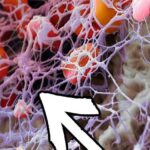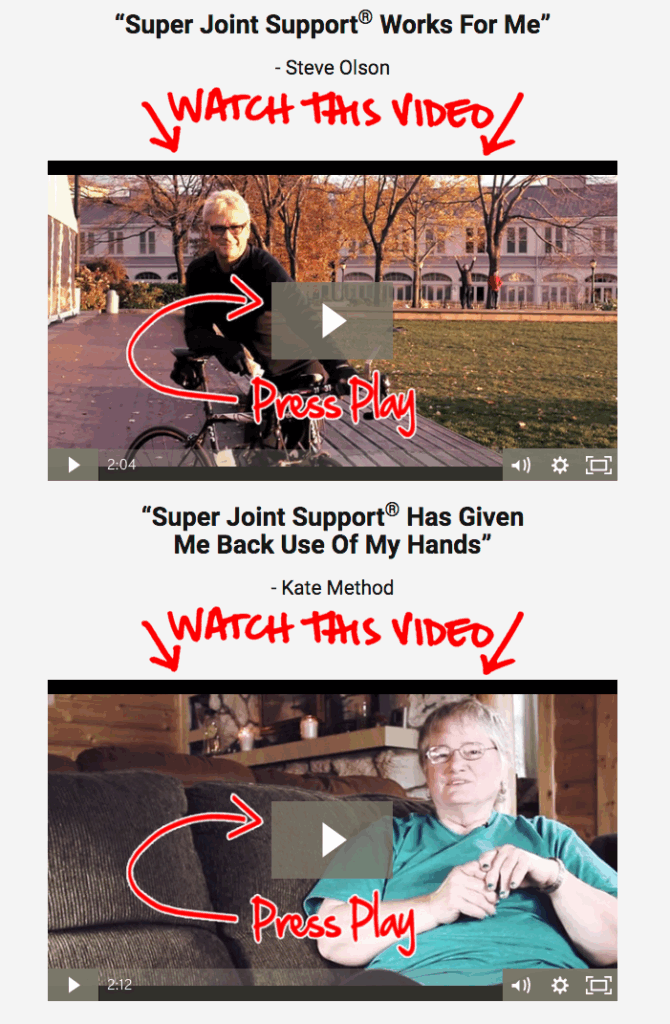Back pain is a common ailment but the problem with treating back pain is that there are so many underlying health problems that an accurate diagnosis is essential to a speedy recovery. One of the reasons so many patients suffer from chronic back pain is that they are only treating the symptoms of the back pain—numbness, tingling, radiating pain, limited mobility and weak muscles—rather than treating the problem causing the back pain.
Although the most common causes for back pain include muscle strains, herniated discs or sciatica, it can also be caused by chronic illnesses such as osteoporosis, fibromyalgia or degenerative disc disease. Many of these chronic sicknesses are a sign that something is wrong with the thyroid. Understanding how this may be related to back pain requires some understanding of the thyroid.
What Is The Thyroid?
The thyroid gland is located at the base of the neck and it performs essential functions within the human body. This gland is responsible for regulating the speed at which the body produces protein and uses stored energy. It is important when suffering from thyroid related back pain that you get treatment because the thyroid gland controls how the body responds to other hormone imbalances in the body.
Diagnosing back pain related to issues with the thyroid gland is difficult and often overlooked because there isn’t a litany of symptoms to document.
Hyperthyroidism
Hypothyroidism is a glandular problem in which the thyroid gland doesn’t produce enough thyroid hormone. This can cause a variety of other health problems.
Identifying the symptoms of hyperthyroidism is a key factor in getting a quick and accurate diagnosis for effective treatment. The difficulty in diagnosis is that hyperthyroidism can present with many symptoms that include: hair loss, muscle cramps, fatigue, constipation, dry skin, weight gain, muscle weakness and an intolerance to cold temperatures.
If you experience two or more of these symptoms, document them and relay the information to your physician. This will help confirm the hyperthyroidism diagnosis or lead your doctor in another diagnostic direction.
How Back Pain Occurs
When thyroid problems result in back pain it is usually the result of cramps and spasms to the muscles in the back, which incidentally is a symptom of hyperthyroidism. Hypothyroidism also causes constipation, which can cause abdominal cramping and pain that also cause back pain.
In some back pain sufferers, neck pain may also occur due to glandular swelling, in addition to pain in the lower and middle back.
Treating Thyroid Problems
One of the most important factors in treating thyroid issues like hypothyroidism is to balance out the hormones in the body, which is usually done through a regimen of medication. Generally hyperthyroidism treatment begins, the illness is quite easy to control and back pain usually subsides.
One thing that very few back pain sufferers take care to do is document the symptoms accompanying the neck or back pain. This is essential to an effective diagnosis because many types of back pain share many of the same symptoms. You should document where the pain is located, describe the type of pain felt in detail, and take note of activities performed when back pain begins.
Taking too long to see your physician can cause thyroid disease to worsen, which can lead to many other health issues. In fact, waiting too long to get a diagnosis and begin treatment can make back pain the least of your worries.






